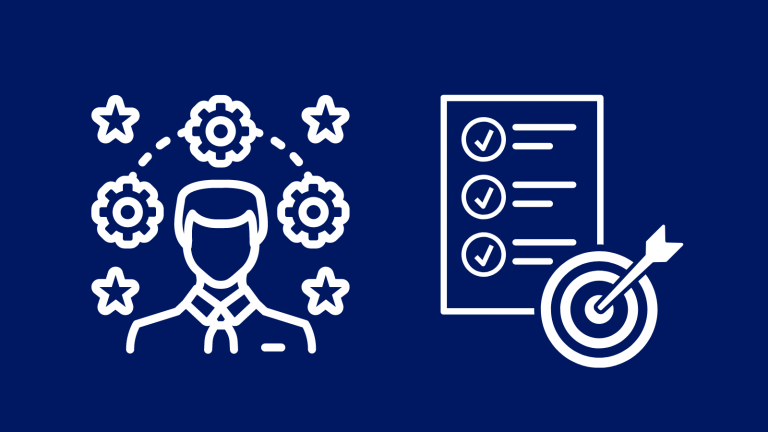Q: Hello, what is your name and what do you do?
Olutuyo Adeyemi. I am the Lead Fintech Operations & Fraud Monitoring for Vale.
Q: What does this role entail?
A.: I oversee and improve transaction practices and procedures, monitor activities, identify needs, devise strategies for improvement, and ensure compliance with regulations. I also drive best practices for customer service and lead efforts in fraud detection, investigation, and prevention.
Q: What made you choose this career path?
From the start, I’ve had a passion for intelligence, data analysis, and strategic manipulation. Although I initially aimed for diplomacy, my adaptability led me to a successful career in fintech.
Q: What is the most common online fraud?
Sophisticated fraud schemes are common. Social engineering, where victims are manipulated through trust, is particularly prevalent. Financial institutions need vigilance and innovative measures to combat these evolving threats.
Q: How can a person mitigate fraud?
To protect against fraud, establish a good relationship with your bank, secure your personal information with strong passwords, stay vigilant against phishing scams, and regularly update your banking app.
Q: What steps does Vale take for fraud detection?
Vale prioritizes customer asset protection and regulatory compliance. We have a dedicated Fraud desk with a responsive phone line and email service (frauddesk@valefinance.com). We educate our team and customers on fraud trends and maintain transparency and vigilance.
Q: What is a typical day like in your role?
My team and I enhance transactional efficiency for the Vale app. We address complex issues impacting performance and aim to provide a seamless experience for our customers. Our commitment to service excellence and problem-solving helps us maintain our competitive edge.
Q: What are the different types of online fraud?
Common types include phishing, social engineering, account takeover, malware, business email compromise, skimming, and spoofing. These pose significant threats, so individuals must stay vigilant and use strong security protocols.
Q: What are the chances of becoming an online fraud victim?
The likelihood depends on online behavior, security measures, and vigilance. According to the NIBSS 2023 report, fraud targets varied across age groups, with the highest risk for those over 40 years.
Q: How can businesses reduce online fraud risk?
Detecting fraud requires identifying red flags like unusual transactions. Implement multi-factor authentication, conduct regular security audits, train employees, and use advanced security technologies to protect against fraud.
Q: What should you do if you believe you have been a victim of online fraud?
Immediately contact your bank to safeguard your account, review your statements for unusual transactions, report suspicious activity, and change your PIN or password. Your bank will help you take the necessary steps to recover lost funds.
Q: What is your take on two-factor authentication (2FA)?
2FA adds a layer of protection to user accounts. While not foolproof, it significantly reduces unauthorized access. Multi-factor authentication (MFA) is even more secure but 2FA is more common due to cost and ease of use.
Q: What advice would you give to aspiring fraud monitoring professionals?
Success in fraud monitoring requires strategic planning, critical thinking, technical skills, attention to detail, and decision-making capabilities. Develop investigative expertise, follow data trails, and conduct thorough analyses to proactively combat fraud.
Thank you!


